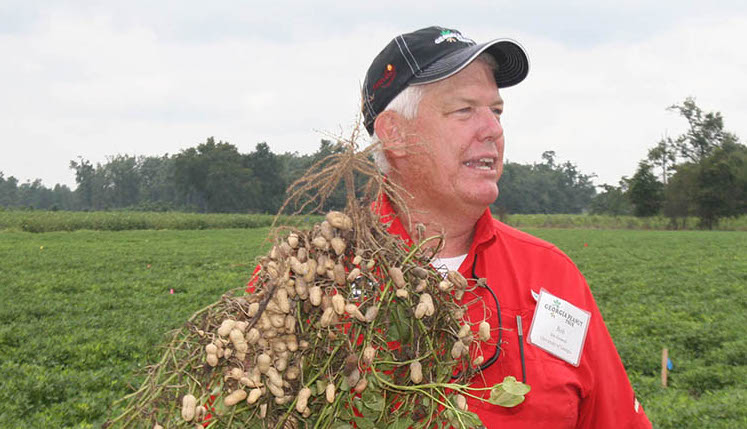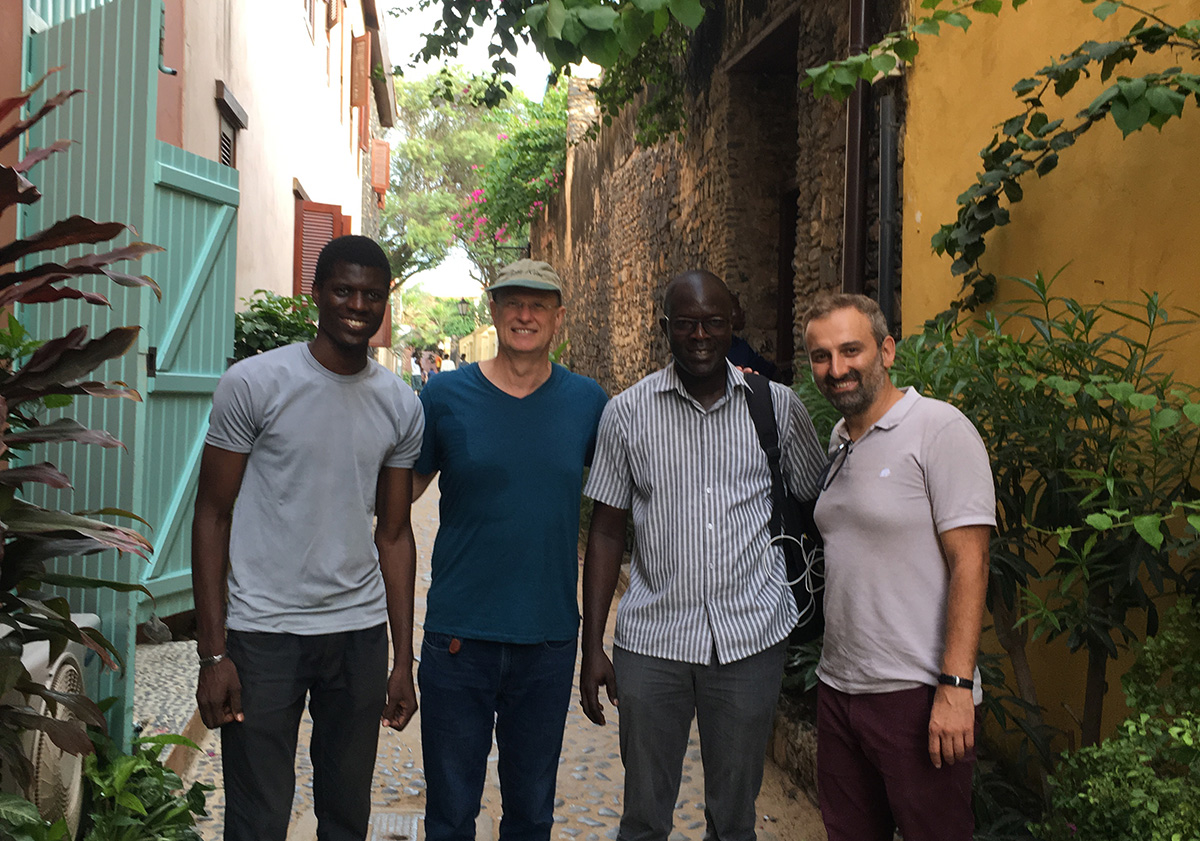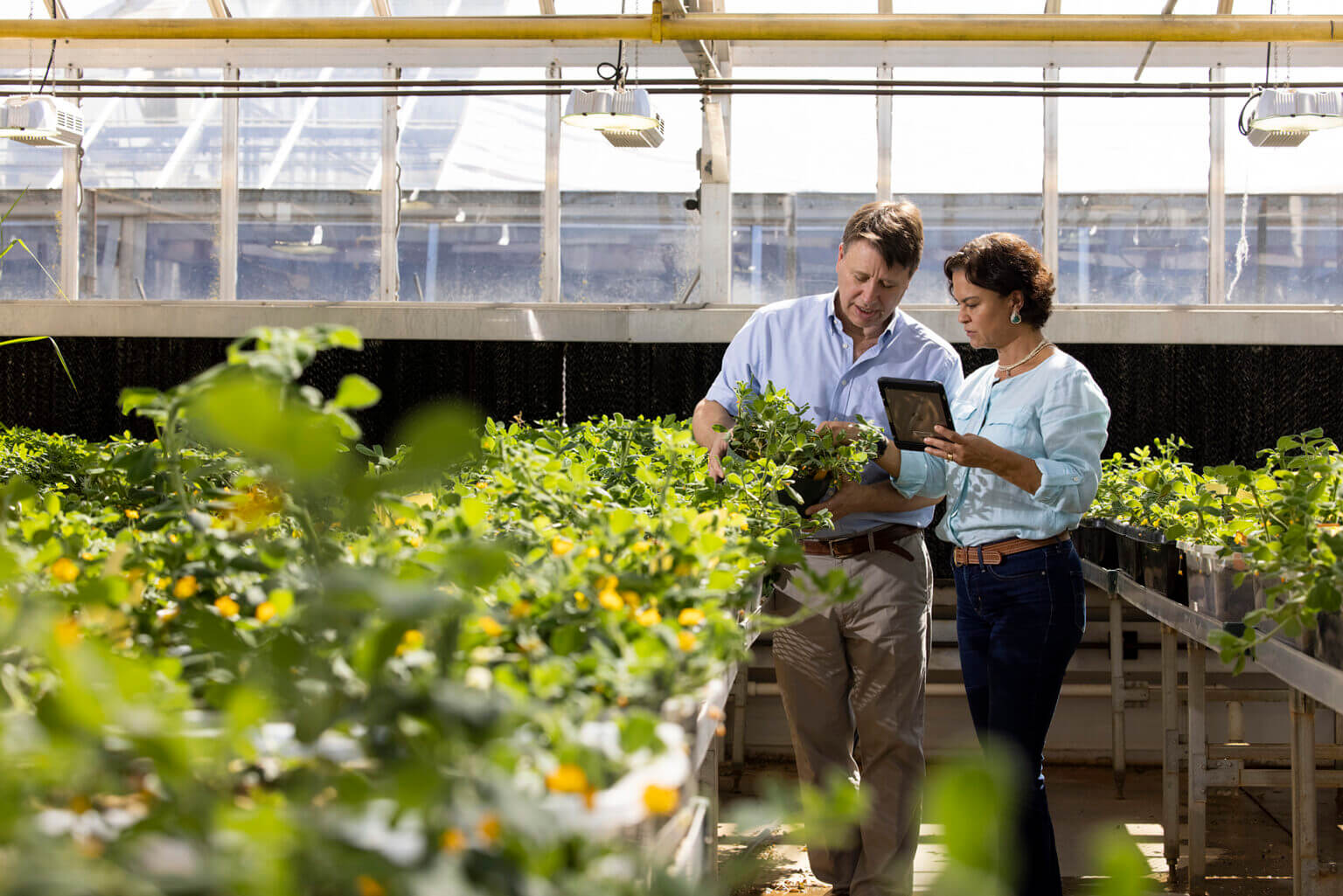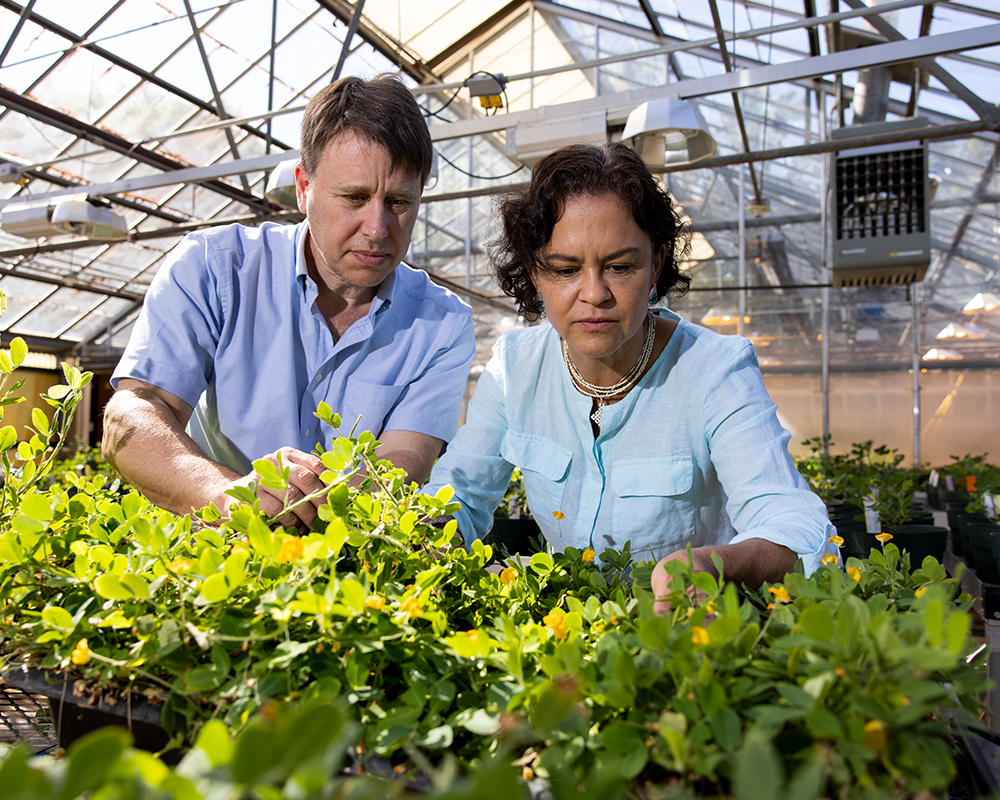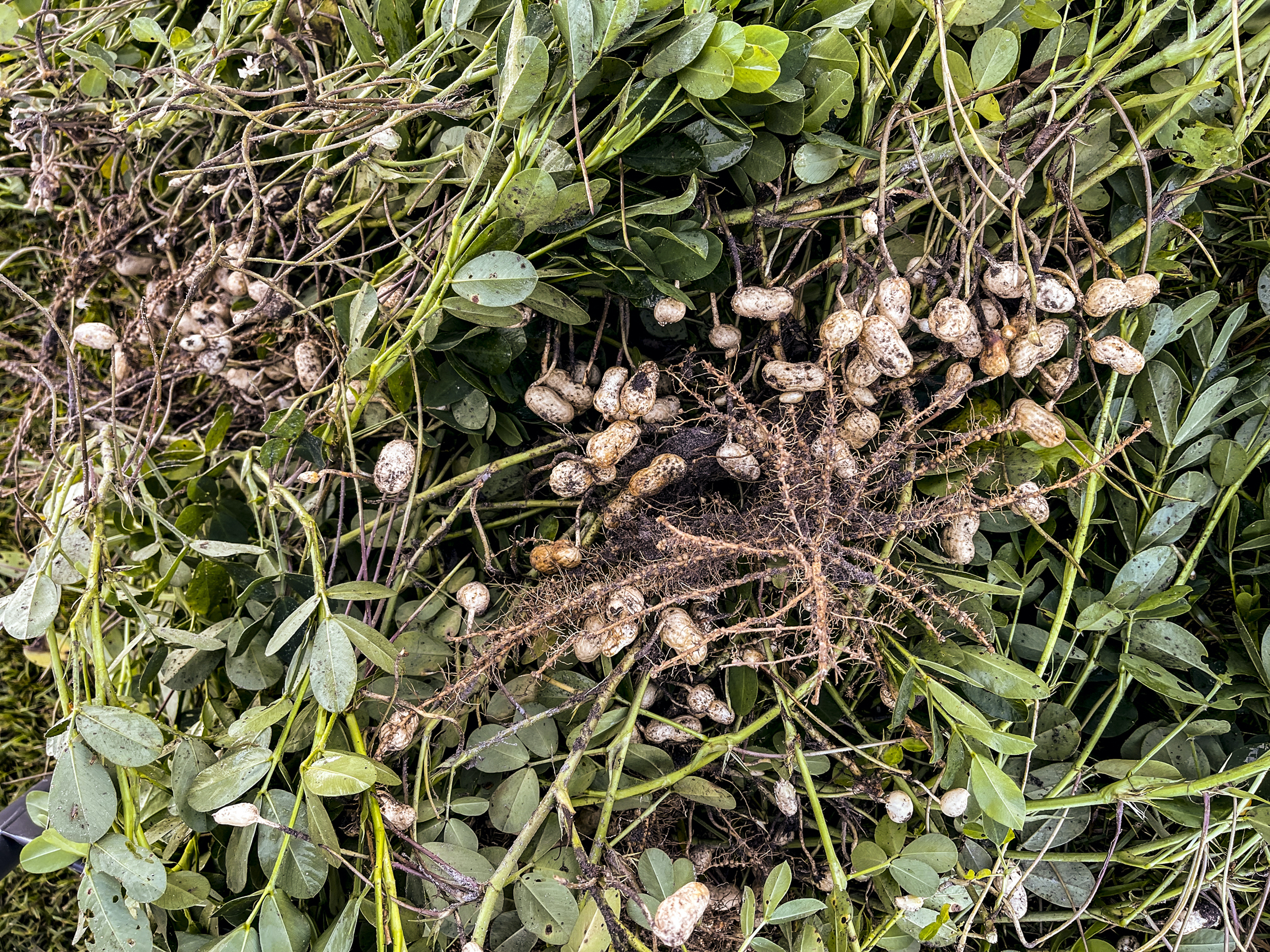 CAES News
CAES News
Peanut Breeding
Whether they show up whole in a candy bar, are transformed into a sandwich spread or lend earthy notes to a spicy curry, peanuts are an important part of foodways in the U.S. and of cuisines from around the world. Georgia is the No. 1 peanut-producing state in the U.S., growing approximately 52% of the peanuts produced in the country in 2021, mostly in the state’s sandy Coastal Plain region.

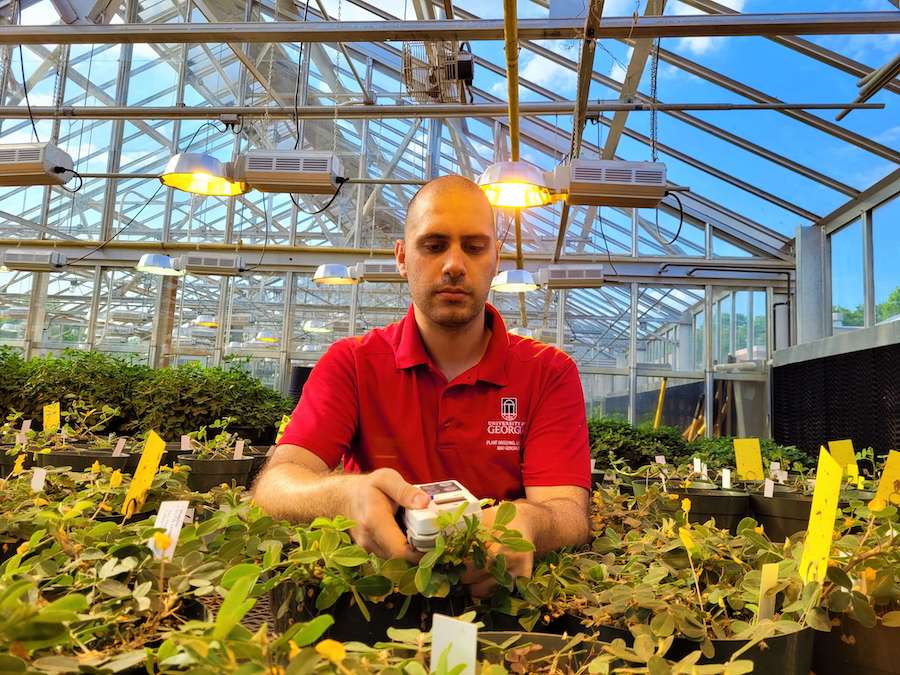
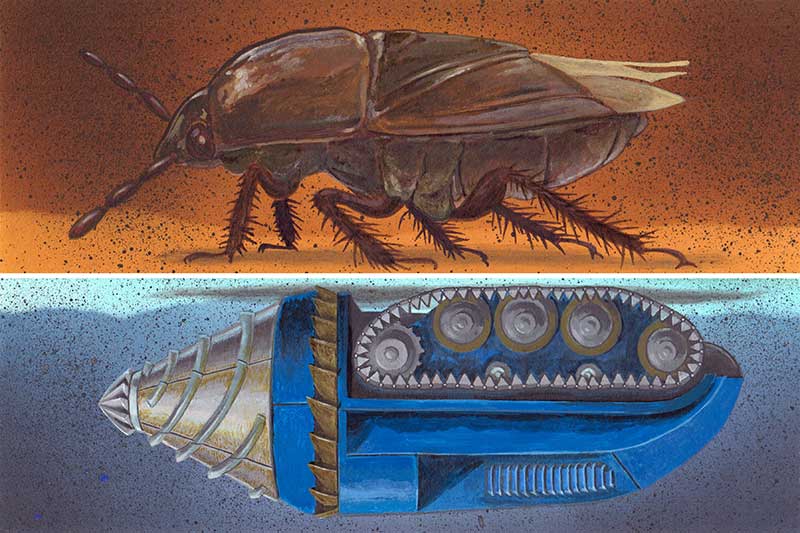
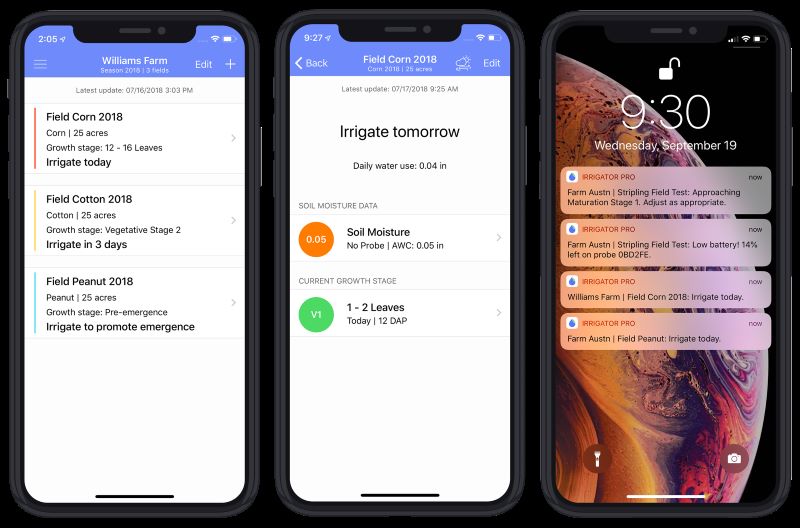
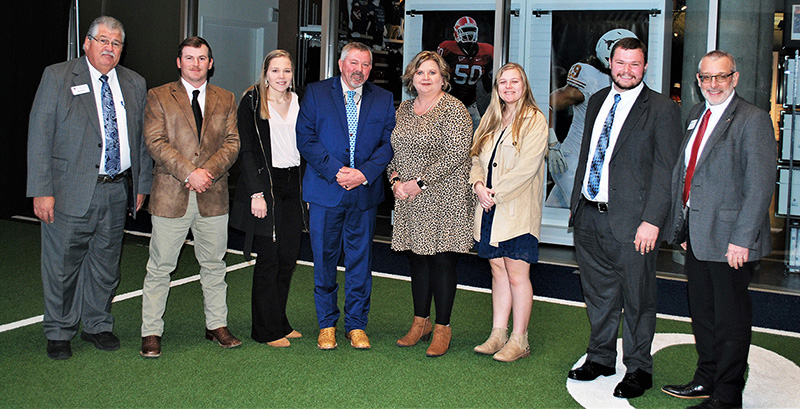
.jpeg)
